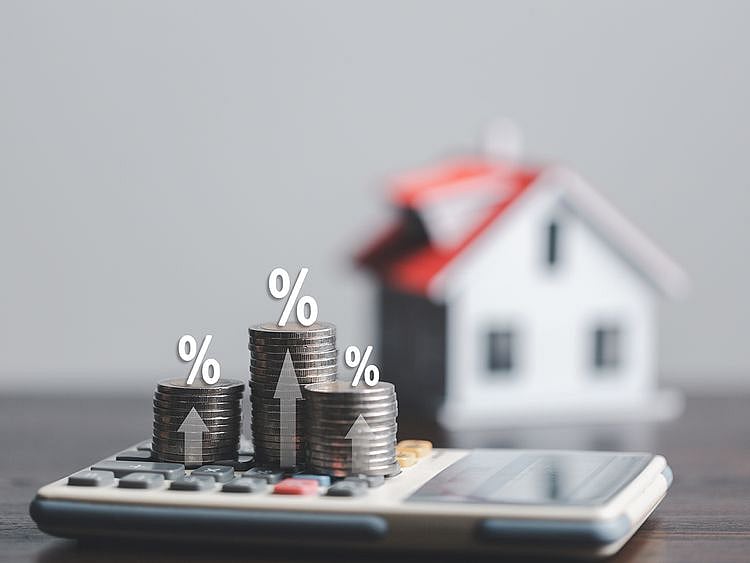Will interest rate cuts reshape UAE property demand?
Interest rate cuts will have some say, but to what extent will this influence investors?

At one end of the spectrum, we have seen China continue to struggle with its real estate industry, announcing a series of measures (including today’s) to lower borrowing costs and reducing down payments for second home purchases.
This is with an eye on reviving prices amidst a supply overhang.
On the other side, in the US, interest rate reductions have done little to enthuse real estate portfolios (especially commercial ones) as developers who had opted for floating rates (in some states, 91 per cent of developers adopted a floating rate loan portfolio in the last two years) have had the cut come somewhat too late.
Despite low supply, higher EMIs have meant that the ability to purchase homes has been constrained, with the consequence that houses are sitting on the market for longer. In the case of foreclosures, which have risen dramatically (nearly tripling between January and August of 2024), lenders have taken the view that they are better off taking control of properties and marking them lower to off load in the market.
These contrasting examples illustrate that neither a surplus nor shortage of housing stock is enough of a variable to explain price dynamics.
In Dubai, we have a scenario, where despite rising supply, reduced payment plans, geopolitical forces and an influx of talent (otherwise known as institutional and regulatory arbitrate), real estate transactions dominated by offplan continue to skyrocket.
For investors, there has been an increasing amount of opportunity cost, in the form of capital markets - both domestic and foreign, especially as US markets have also been on a tear. This has led to some sort of reshuffling of portfolios, an increased amount of activity in the auction markets, as well as some dips in the off plan space. (In some projects, even a 15-20% decline in a matter of months.)
Better to rent even with rate cut?
This despite new projects continuing to proliferate. A regression analysis reveals that offplan prices are largely immune to interest rate changes, especially as their financing structure is already in place. The analysis does not explain why the rise took place for both ready and offplan in a rising interest rate environment.
In point of fact, easier payment plans do indicate a response to tightening market conditions, whereby the incentives remain to offload property stock to investors. A look back at history after the advent of the freehold phenomena also reveals that interest rate cuts do not necessarily stimulate demand. (In 2007, interest rate cuts could do little to stem the carnage the ensued in global asset markets, taking more than 7 years to recover).
All of this is to argue that a multivariate analysis of real estate prices is helpful. That as markets continue to expand in size and scope, with new amenities being announced with every launch (plunge pools in studios anyone?), alongside aggressive commissions and discount schemes (touching a staggering 20 per cent in certain cases), data suggests the growing moderation in pricing is something that is unlikely to reverse with falling interest rates.
Nor is it likely that interest rates will fall by as much as commentators seem to suggest that it will. For the vast majority of prospective and existing homeowners, the math has changed to a point where it is better to lease rather than to own as inflation remains a sticking point.
Consequently, demand for higher income generating assets will continue to rise as the structure of the market shifts back to a lower capital gain mode of play.
Keep the offplan incentives coming
There will always be pockets that will exhibit exuberance, and others that will show buyer fatigue. But the astonishing speed with which the elasticity of supply has increased suggests financing conditions from developers have to be in place for longer. And implying greater leverage on their balance-sheets.
Meanwhile, at broker firms, the urge to keep selling isn’t new because any interference to slow things down automatically increases the risk that the most lucrative employees will quit and join someone else, or start their own shop.
Dubai’s brilliance has been to continue to push ahead with reforms, driving foreign investment in every sphere. We can finally see another competitor in the form of capital markets and the increasing number of IPOs that are generating investor interest as relative valuations come into play.
How the real estate market functions going forward will be different to the last three years as valuation disparities between ready and offplan start to correct.
Investors will do well to watch.
Network Links
GN StoreDownload our app
© Al Nisr Publishing LLC 2026. All rights reserved.